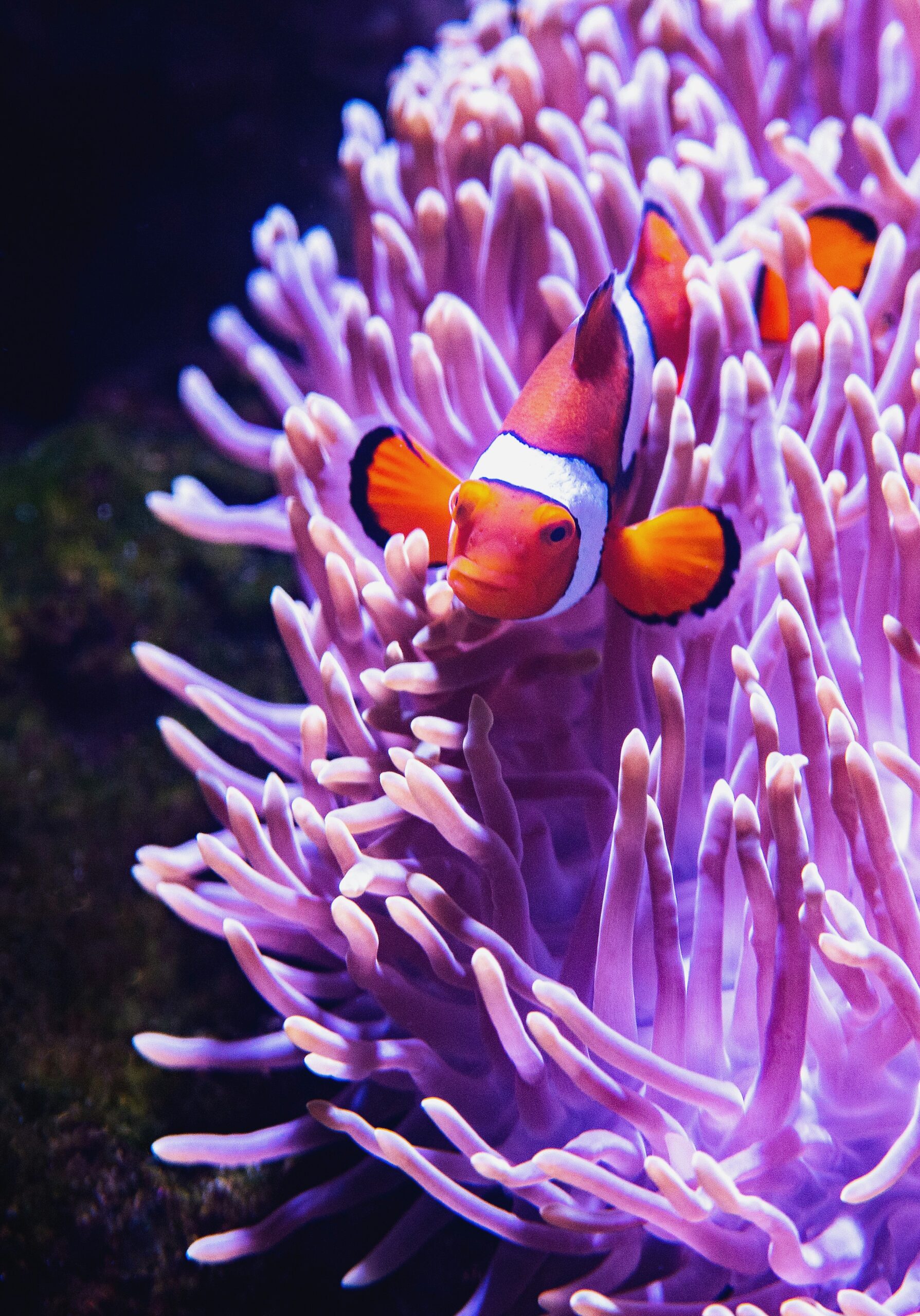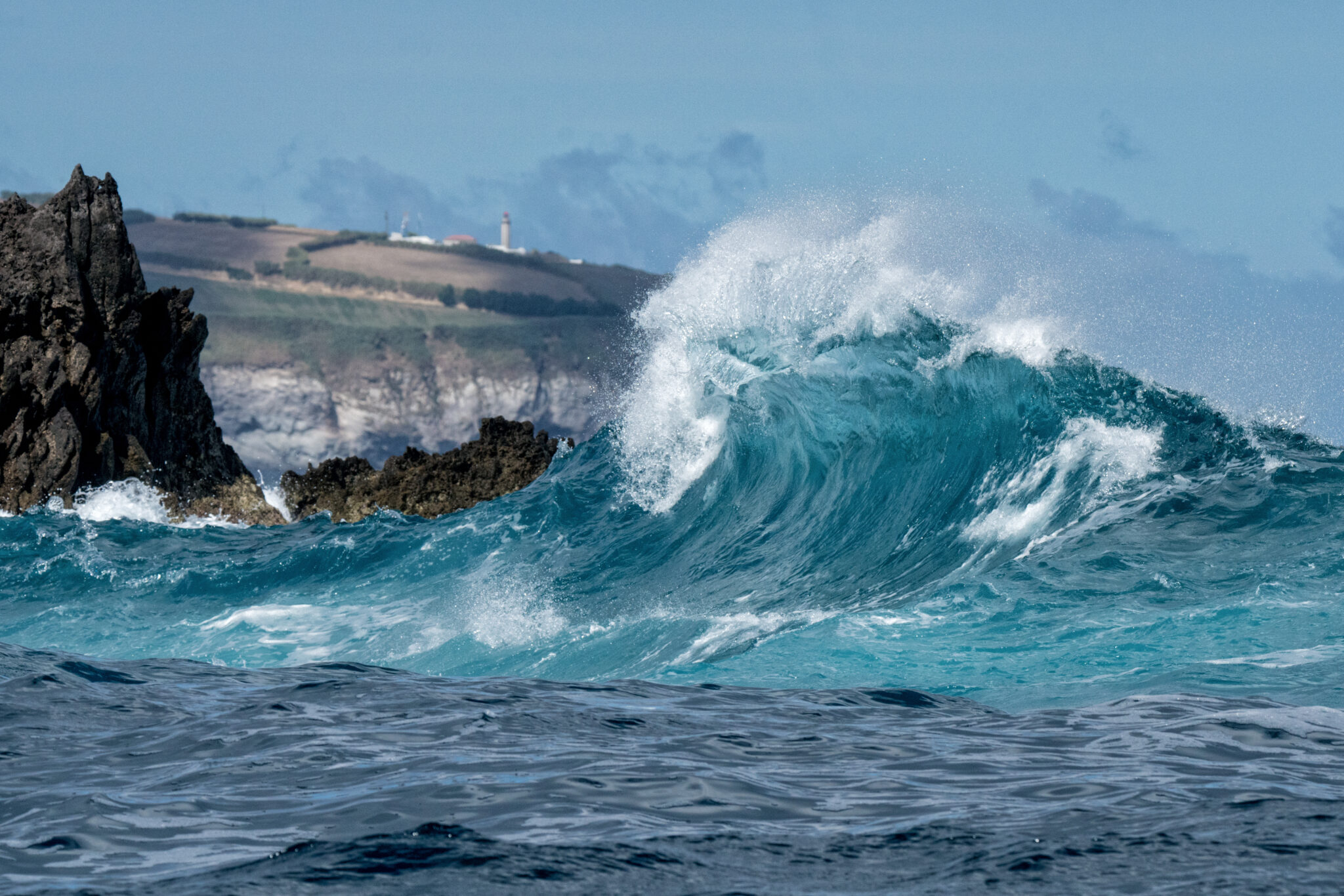Spanish fluency and GIS expertise desired!
PHD POSITION
Human Dimensions of Global Environmental Change
Department of Geographical Sciences
University of Maryland
Dr. Meredith Gore in the Department of Geographical Sciences at University of Maryland, College Park, is seeking a PhD student to join her lab in Fall 2024 in the human dimensions of global environmental change and contribute to a team science project:“Socio-environmental transformation and change following system collapse.” The PhD student will be part of a large science team working collaboratively on fieldwork intensive, interdisciplinary, and participatory research with Michigan State University and Universidad Nacional Autónoma de México. The research is funded by the National Science Foundation Dynamics of Integrated Socio-Environmental Systems.
Species extinction and ecosystem collapse associated with nature crime is a transboundary issue impacting private and public spaces.The research will study transformation of socio-environmental systems (SES) to help better equip society with knowledge necessary for confronting drastic changes to earth’s ecosystems from species extinction and impacts on the people who depend on them. When an SES involves illegal fishing, unique feedback is introduced and may only be partially observable. This is because, in part, crime (e.g., illegal fishing) is not randomly distributed, and places (e.g., a sea cucumber fishery) do not generate crime similarly across contexts or systems. This research will leverage conservation criminology to measure SES transformation from functional extinction and identify factors associated with systems transformation across multiple scales. The study of crime and place has deep roots in criminology; environmental criminologists identify the characteristics of microgeographic places that create criminal opportunity by shaping the potential offenders’ perceived risks, efforts, and rewards of crime. In the case of illegal sea cucumber fishing, changes in the presence and abundance of fish can drive and be driven by transformation of the SES. Some argue strongly that disciplinary research is not sufficient to study the social – ecological and human – environment interactions associated with phenomena such as conservation crime. Matching broad and fine scale measures of both ecological and social dimensions is required for advancing understanding of SES transformation across multiple scales.
Following the recent collapse of the sea cucumber fishery in Yucatán, México, the project team, of which the PhD student will be an active and essential member, will track changes in small-scale fishing communities and adjacent marine environments, answering two general research questions: (1) How do socio-environmental systems behave following a collapse? And (2) Why do some socio-environmental systems transform after collapse while others revert to unsustainable patterns like those observed prior to collapse? The goal of answering these questions is to help society leverage collapse and extinction events as opportunities to reorganize and transform integrated human and natural systems toward more sustainable and equitable futures.
The successful candidate will contribute to various aspects of geographical science research, including study design, data collection, data analysis and synthesis, creation, and dissemination of scholarly products, and actively engaging in team science activities such as structured face-to-face interviews, participatory mapping, participant observation, and GIS. Applicants should have a background in disciplines aligned with human geography and geographic information sciences. There will be regular extended international fieldwork in remote locations along with community-based and participatory action research in México. The successful candidate will be expected to actively contribute to science communication and diplomacy with diverse government officials.
Minimum Qualifications and Required Skills
An earned master’s degree in Geographical Sciences or allied fields in environmental science is required. Candidates with master’s degrees in other fields with a demonstrated knowledge and understanding of geography and global environmental change will also be considered. Competent programming, statistical (e.g., such as Python, IDL, MatLab, C/C++, R, TensorFlow), fieldwork, Spanish-language fluency, and GIS skills are required.
Preferred Qualifications
A demonstrated ability to work interdisciplinary, across the social and natural science to understand and problematize socio-environmental system challenges and solutions. An individual with vision, leadership potential, and enthusiasm to contribute to a vibrant and large science team. A person enthusiastic about collaborating with all team members and stakeholders, and a commitment to promoting a positive, diverse, and inclusive team culture. The lab is seeking to increase the proportion of underrepresented and underserved students on the science team and individuals from abroad and/or with various backgrounds are encouraged to apply.
Application requirements and submission procedures can be found at:https://geog.umd.edu/graduate/application-requirements. Applications should include a personal statement of background and experience relevant to the position, a signed, dated Curriculum Vitae, reprints (or accessible download urls) of selected peer-reviewed publications, and names and e-mail of 3-5 references. Contact Meredith Gore (gorem@umd.edu) with questions.
Further information on the research programs of the Department may be obtained from the address above and can be found athttp://www.geog.umd.edu.


